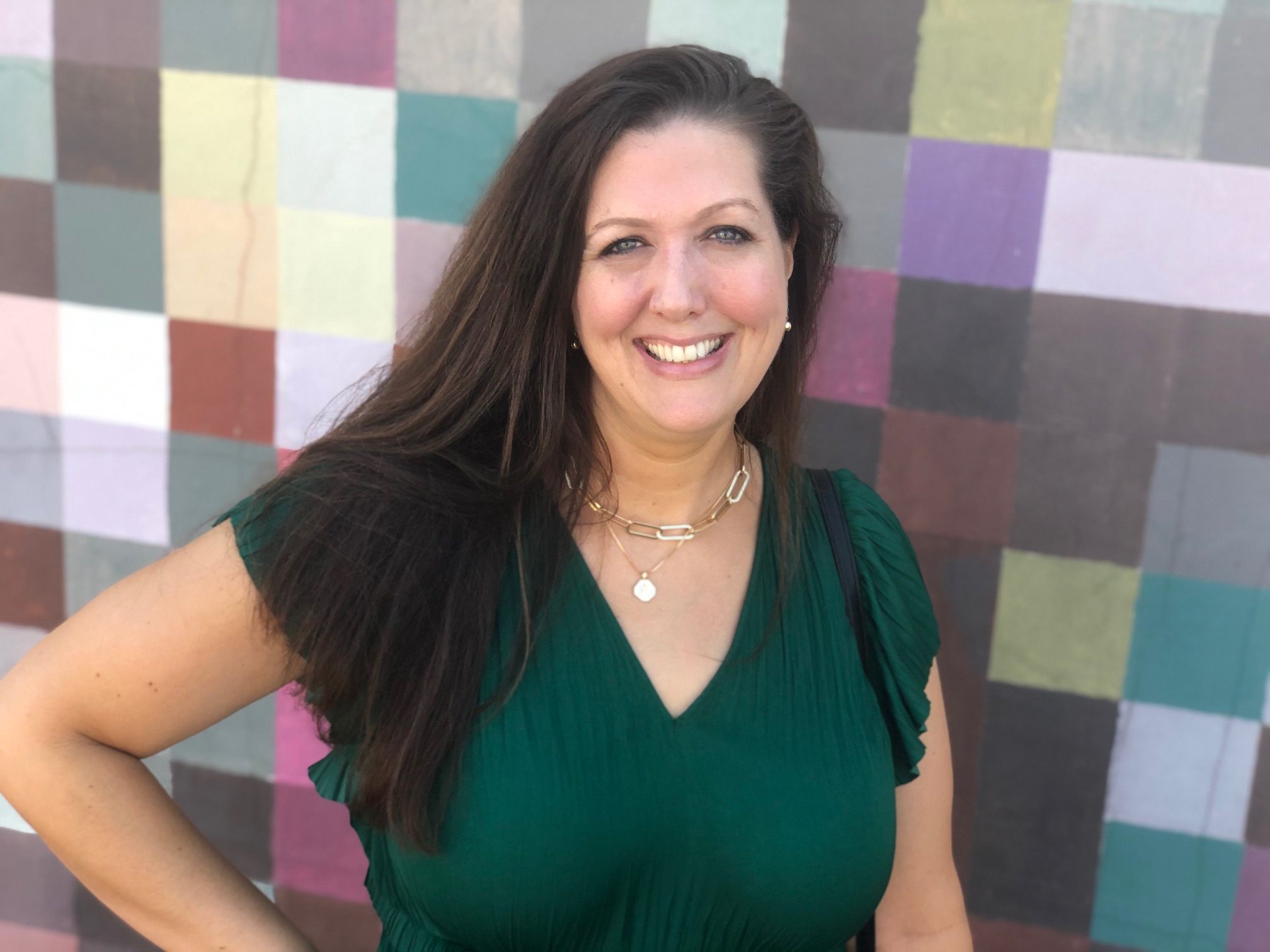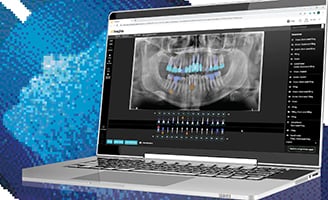Finding Your Passion: A Profile on Deidra Rondeno, DDS

As a young pharmacist who went to Xavier University in New Orleans and was working as a pharmacy technician for the VA medical Center, Deidra Rondeno, DDS, began to realize she didn’t feel as passionate as she had hoped about her chosen profession.
It was during this time that she began undergoing orthodontic treatment at the LSU Dental School. “The student who worked on me was just so elated with dentistry,” said Dr. Rondeno. “Every time I went for an adjustment, he talked about how much he loved it. I eventually asked him if he could show me around the school. From there, I decided to see what dentistry had to offer.”
Today, there are probably thousands of patients—and their family members—who are grateful for this change of heart. Dr. Rondeno is the CEO and founder of the Atlanta-based DDD (Dentistry for the Developmentally Disabled) Foundation, which is a nonprofit organization committed to offering accessible, comprehensive dental treatment to patients with developmental disabilities.
Her road to pursuing this journey wasn’t straightforward. Soon after graduating from Meharry Medical College with her doctorate of dentistry, Dr. Rondeno had thoughts of specializing in endodontics; however, a residency at Illinois Masonic Medical Center introduced her to treating patients with developmental disabilities.
“During the residency program, I just found a passion for working with this patient population,” she said. “The program trained us on how to perform sedation and hospital dentistry and I saw this as a way to combine dentistry with my pharmacy background—to me, it was the best of both worlds.”
Upon completion of her residency, Dr. Rondeno moved to Atlanta to be closer to her family and immediately began looking for a job where she could just treat patients with development disabilities. She contacted a state-run clinic called Brook Run and was told that they had just lost their funding for the program and that their facility was going to be torn down and turned into a park.
“That’s when I said, ‘Hey, maybe I can start my own clinic to treat this population,’” said Dr. Rondeno.
Dr. Rondeno began the process of setting up the Foundation as a non-profit in 1999 before opening the clinic in 2002. But this wasn’t without its own set of struggles. As she approached bank after bank, she continued to get denied for loans with the explanation her idea was not “sustainable.”
“I heard several times, ‘You’re not going to be able to have a dental practice where you only treat patients with development disabilities who are on Medicaid’,” she said. “And then one day, a loan officer told me, ‘We can’t give you the loan, but someone will so keep pushing forward.’ That was the one little light at the end of the tunnel that encouraged me to keep going, and I finally found a company to approve a loan and we received our first grant.”
Nineteen years later, and the DDD Foundation is still going strong; in fact, the clinic recently moved to a new location after being told the old one was going to be turned into a parking lot. The new space has enough room for an additional operatory, enabling Dr. Rondeno and her team to increase its capacity to serve patients by 20 percent. A successful capital campaign helped the Foundation obtain the funds necessary for the move and clinic build out.
As Dr. Rondeno is quick to point out, it certainly takes a team to run such a busy clinic. “It’s not just me running this place—all of our staff members go above and beyond and are always willing to go that extra mile to do whatever it takes to get the job done.”
Technology also plays an important role in her practice. During COVID, teledentistry changed how Dr. Rondeno and her team treated their patients. “It’s been a gamechanger to quickly see an image of the patient’s swollen face or to Facetime to see inside the mouth so I can tell patients whether or not they need to come in right away or if I can call in a prescription. For this population, it’s been amazing.”
In addition, the switch to digital imaging has led to time savings during appointments. Dr. Rondeno was hesitant at first—the cost and the risk that a patient without control of their functions could bite down and break a digital sensor were certainly barriers. The change in routine and extra training were challenges as well. Fortunately, a grant allowed the DDD Foundation to go digital.
Dr. Rondeno soon found that the new digital X-ray systems took 20-30 minutes off each appointment. The benefits snowballed as wait times decreased and they were able to see more patients.
To those who are interested in working with patients who have developmental disabilities, Dr. Rondeno stresses that training is key. “You have to know something about different disabilities and emergency situations and how medications affect dental care,” she said. “My staff and I have learned so much about different disabilities that we now have three large binders we can use for reference.”
This patient population also requires sedation, so a residency program or post-grad training is necessary for certification.
Through it all, the thing that Dr. Rondeno is most proud of is getting the clinic off the ground and keeping it going for almost two decades. In fact, many of her patients have been receiving dental care from the DDD Foundation since the clinic first opened in 2002.
When asked what advice she would give to her younger self, she said “Find something you truly love and make a career of it.”
Contributors

Categories
- Blog
- Carestream Dental
- Industry news
Share





